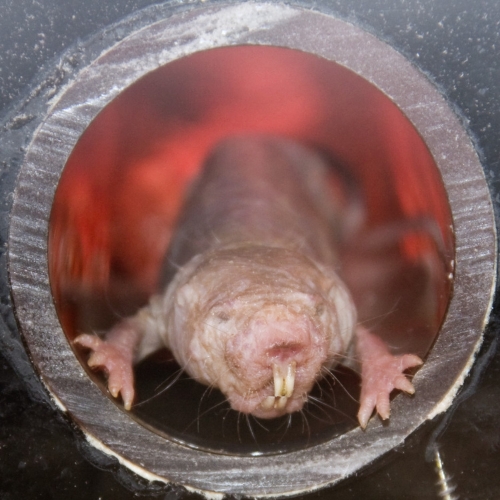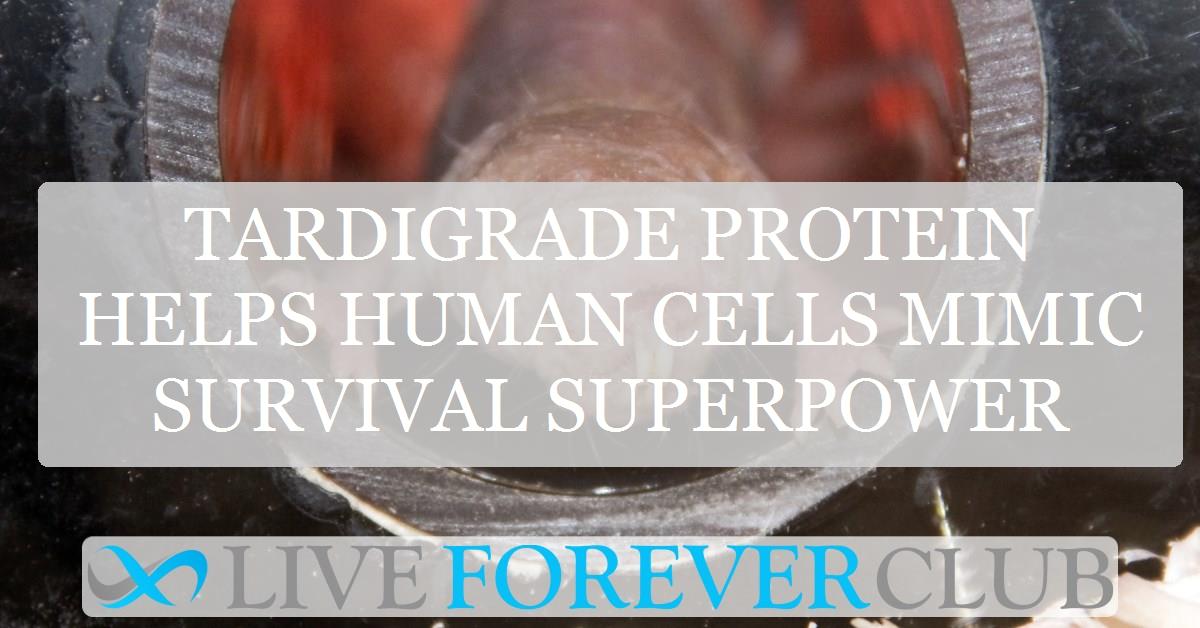Key points from article :
Researchers extracted a special protein called CAHS D from tardigrades, tiny creatures famous for surviving extreme conditions like the vacuum of space.
CAHS D is crucial for tardigrades to enter a protective state called biostasis, where they essentially shut down their metabolism to withstand harsh environments.
Scientists from the University of Wyoming introduced this tardigrade protein into human kidney cells grown in the lab.
Incredibly, the human cells developed a gel-like substance and slowed their metabolism, mimicking the tardigrade's survival strategy.
This protective effect was reversible – when the researchers removed stressful conditions, the human cells returned to normal.
While applying this directly to humans is a distant goal, this research reveals a potential path towards making our cells more resilient, which could have future applications in medicine and even adapting to challenging environments.






